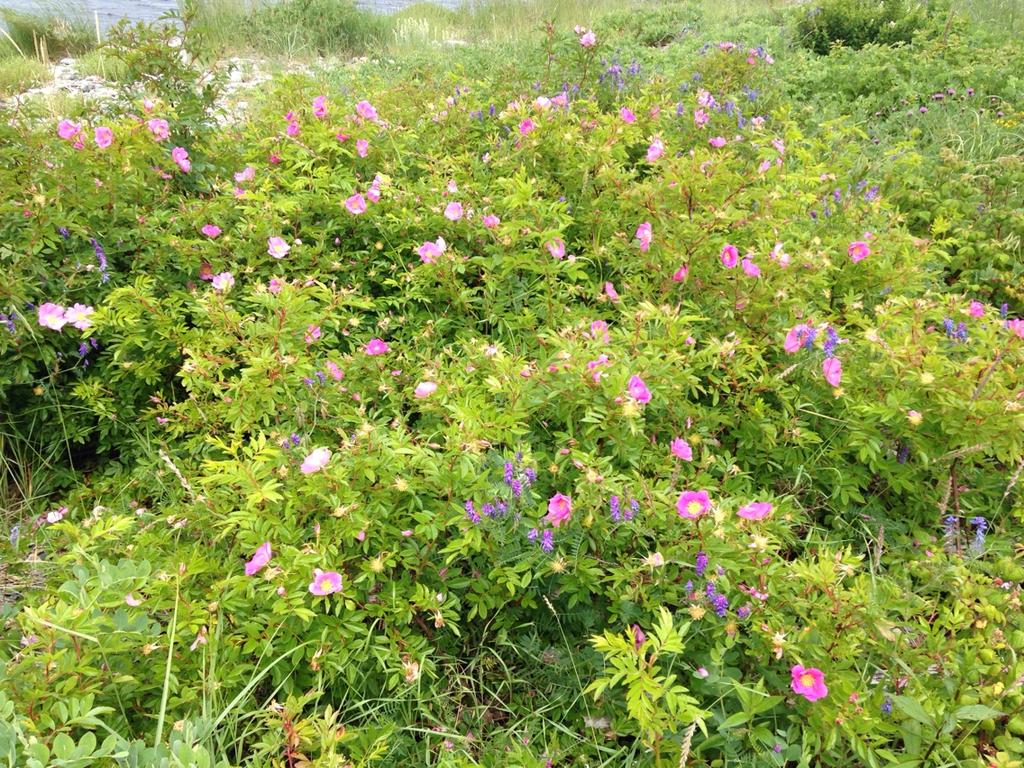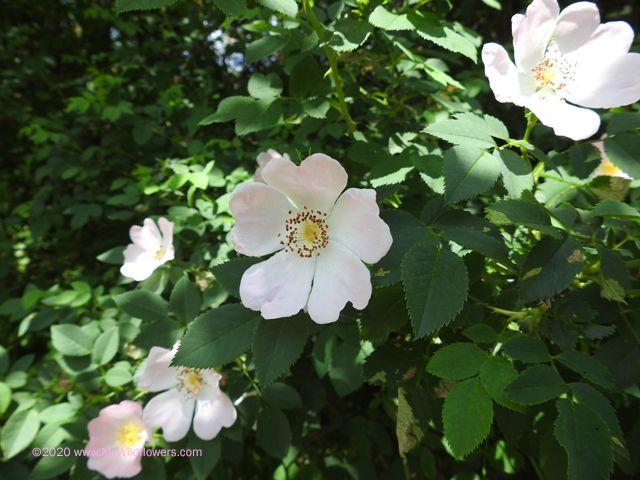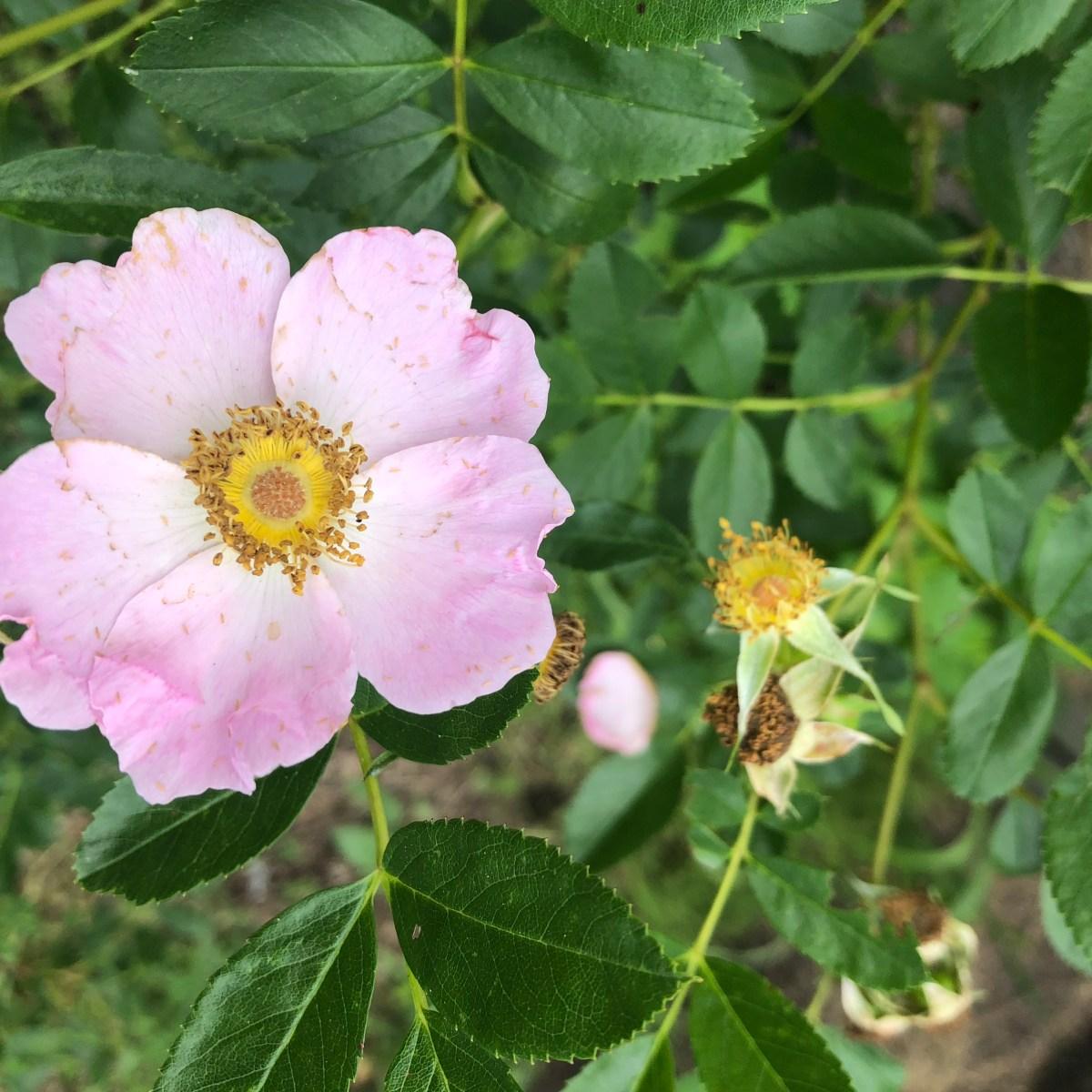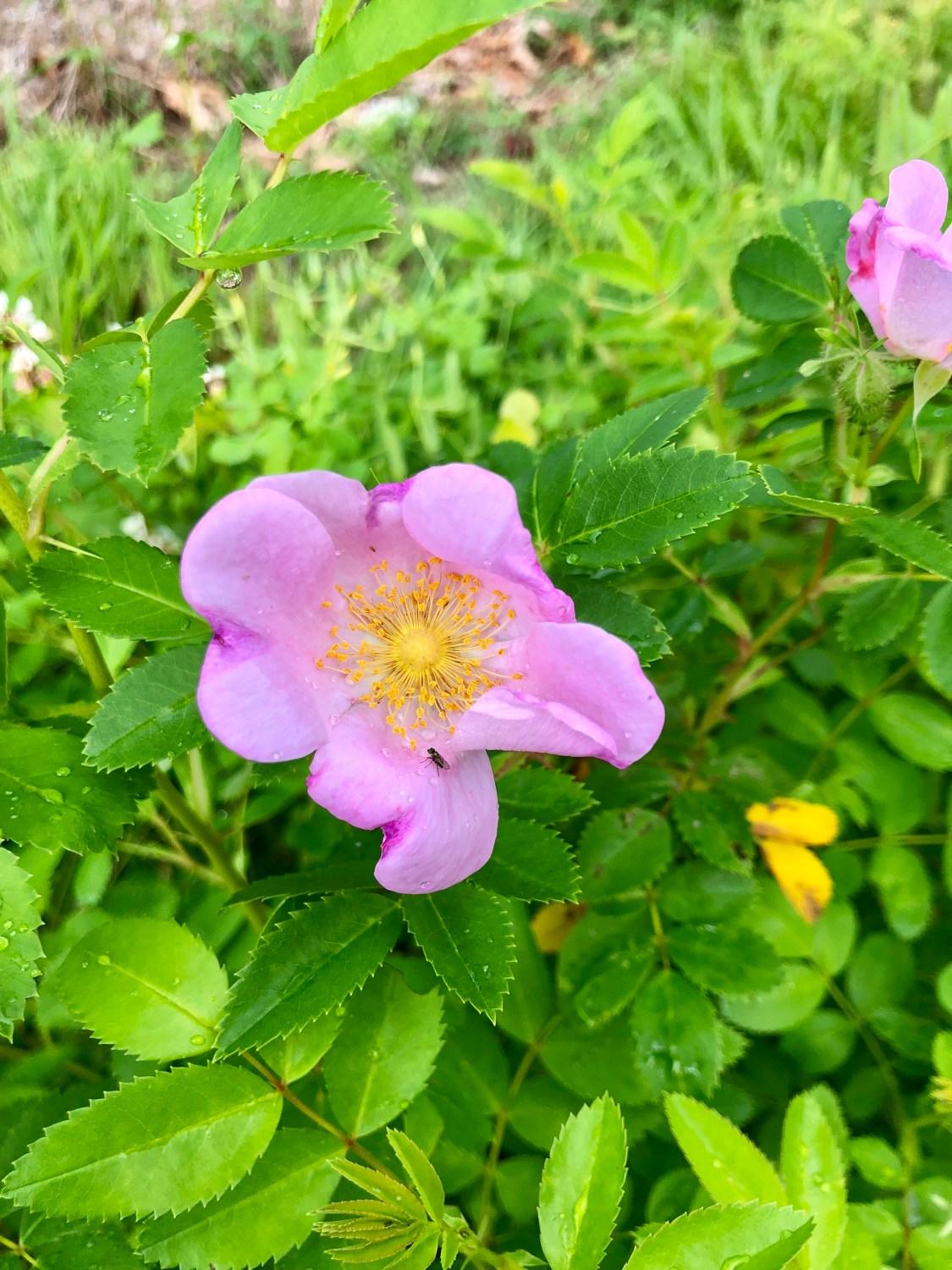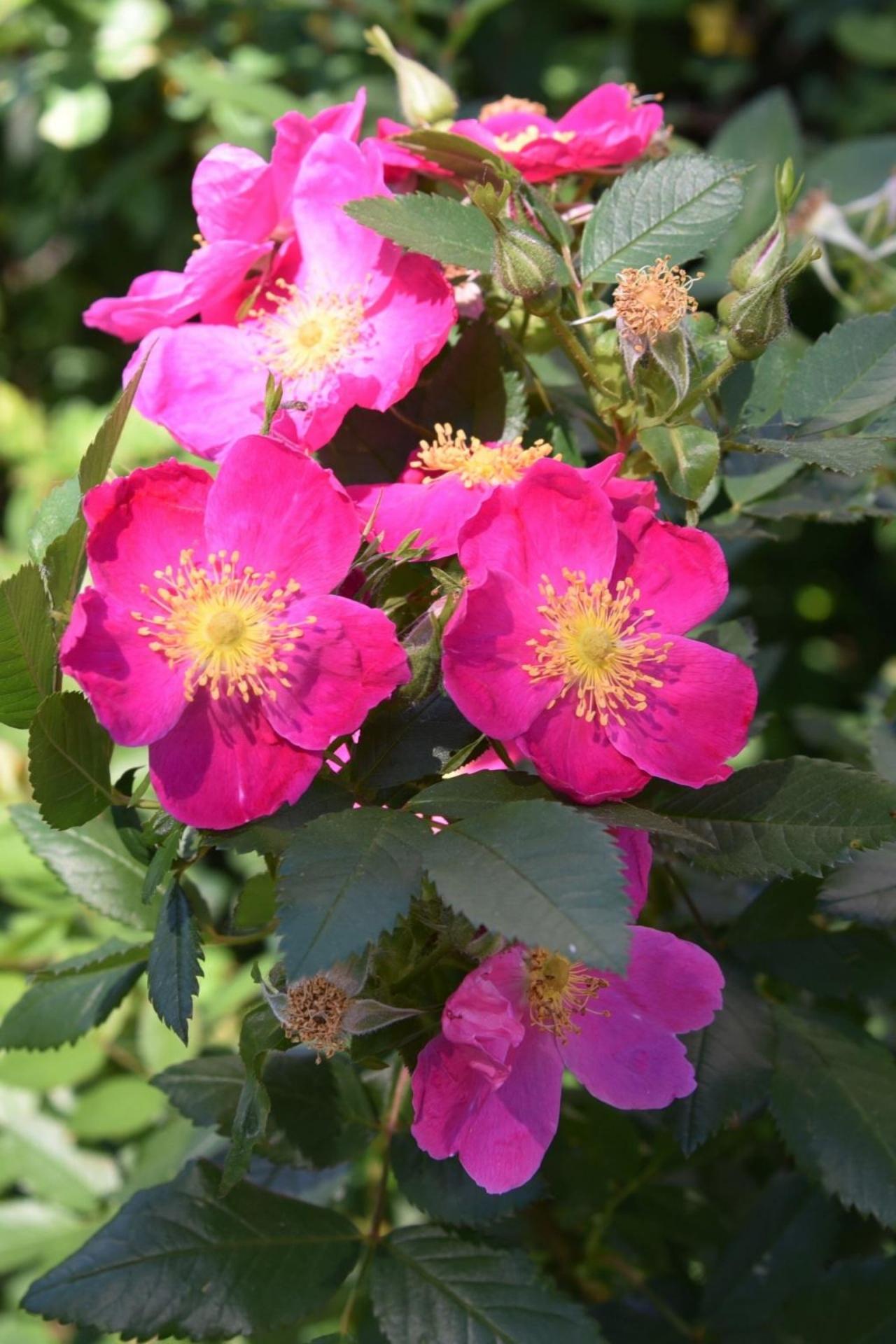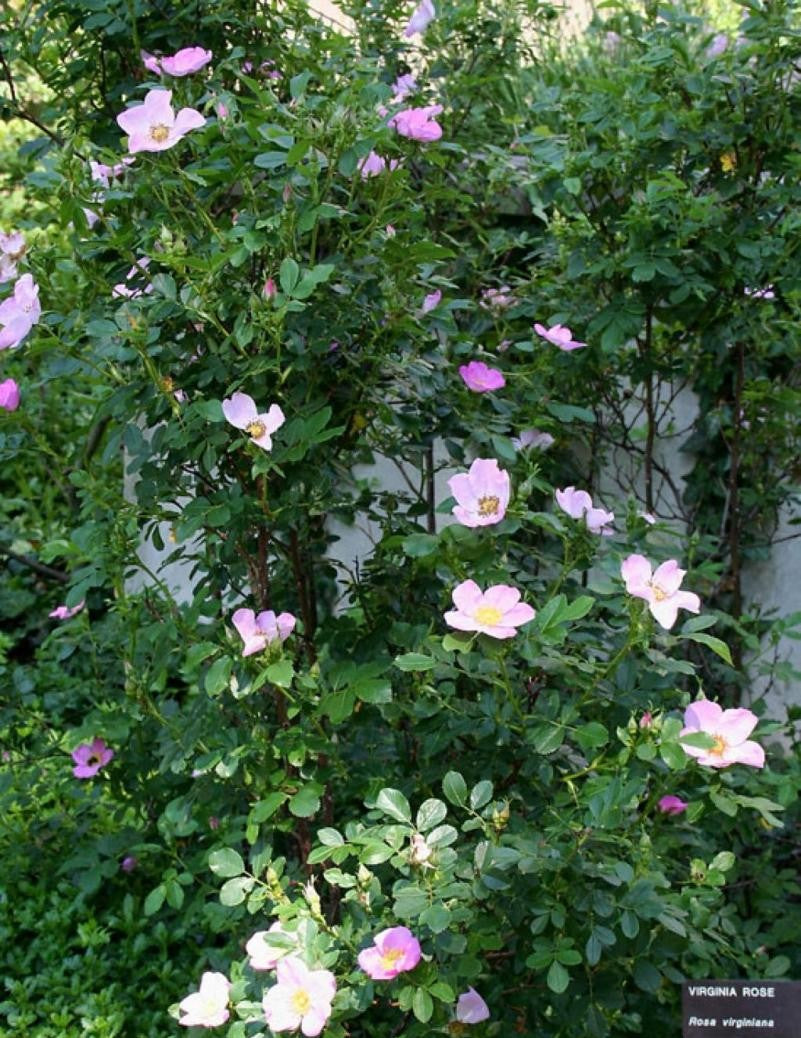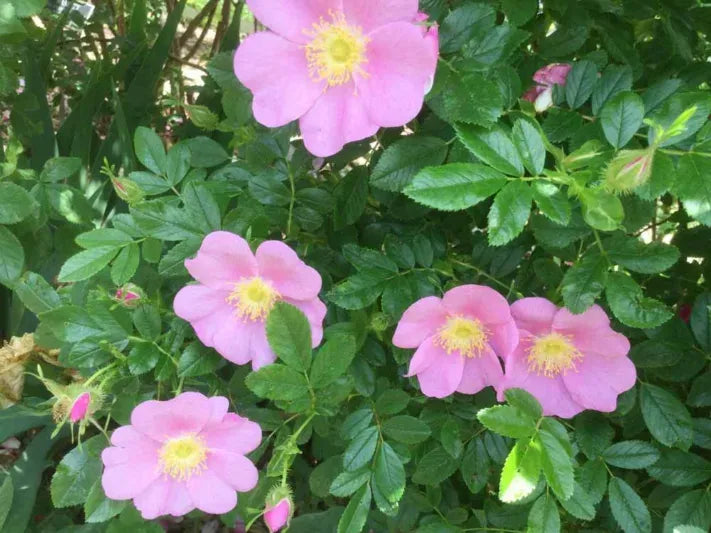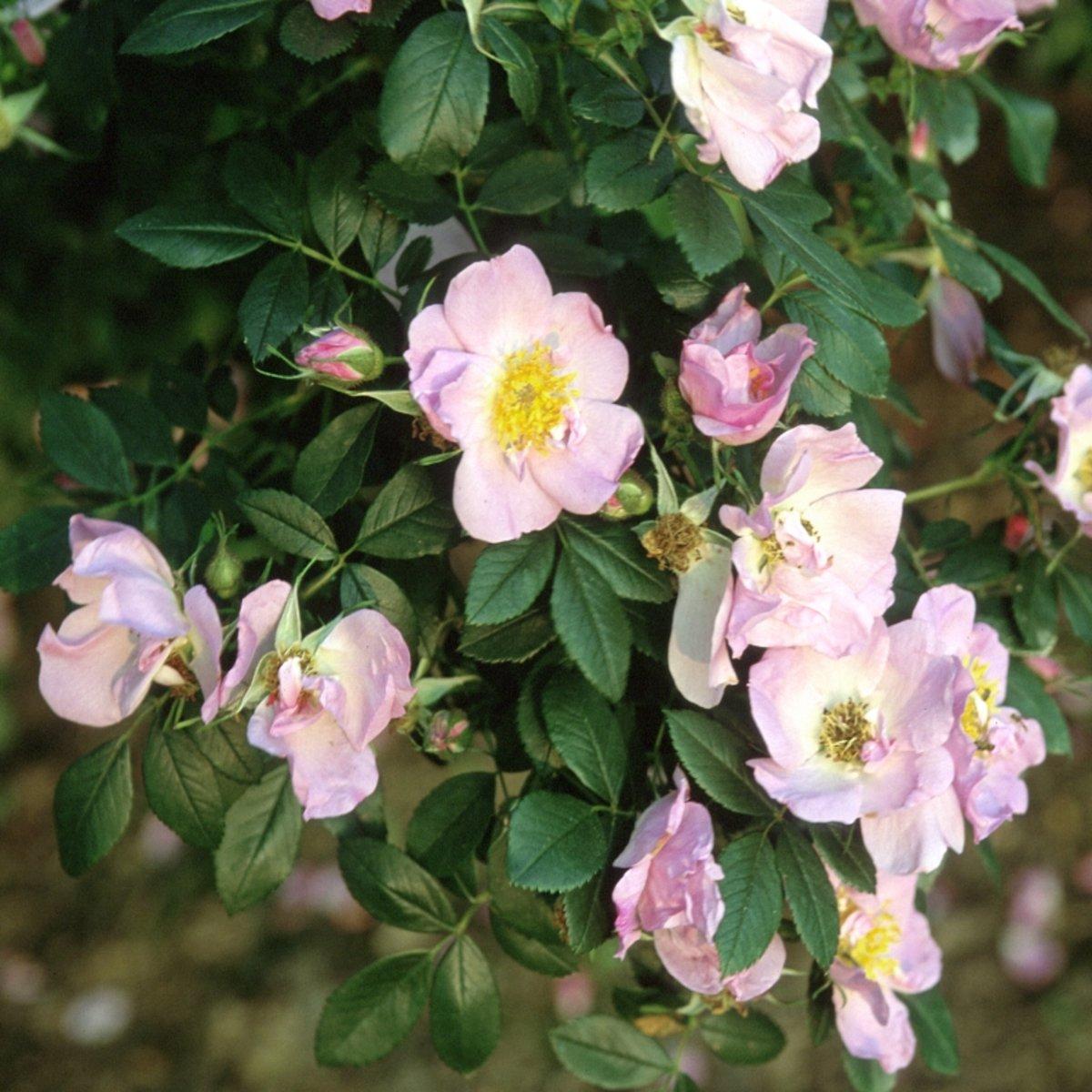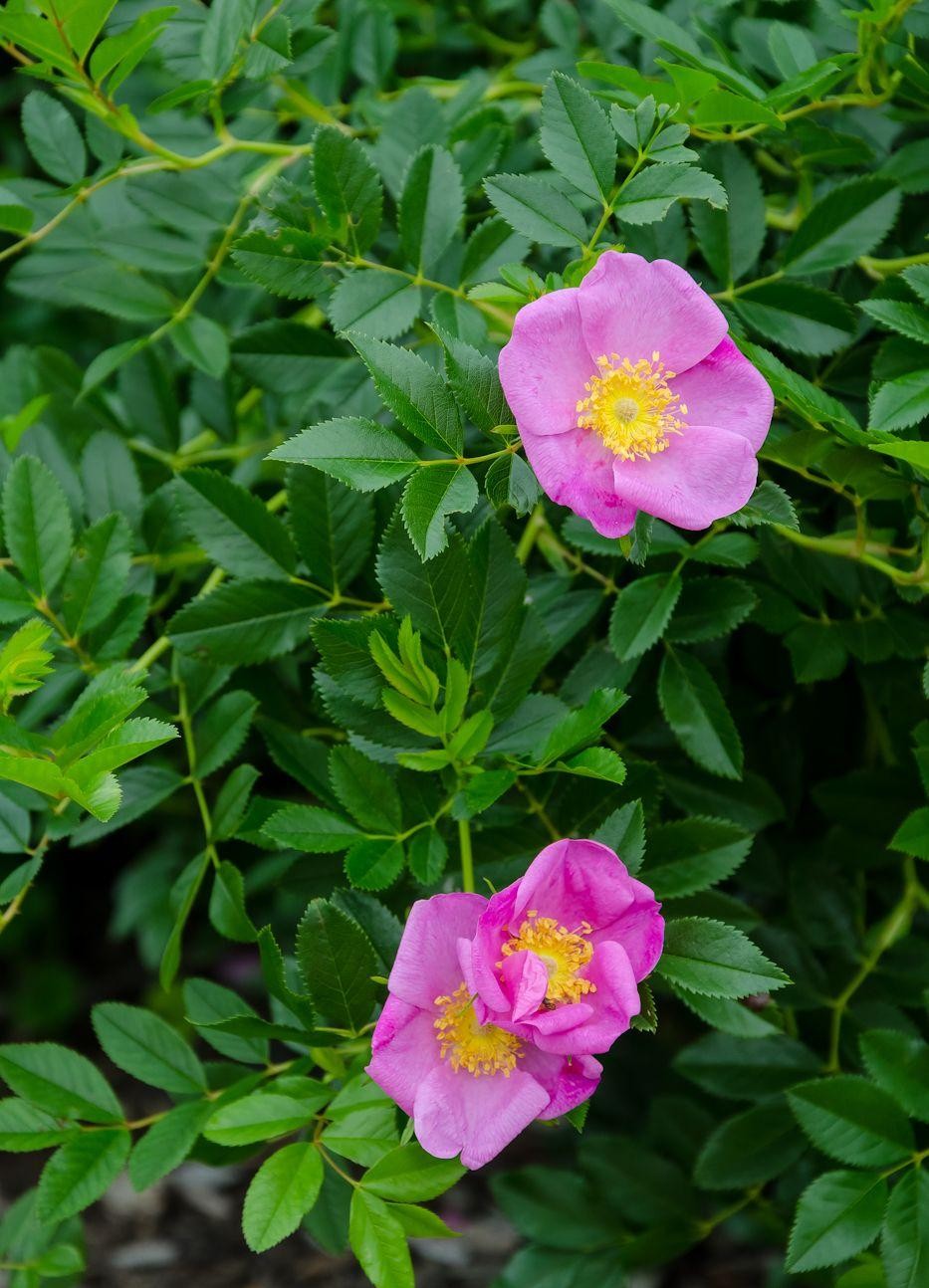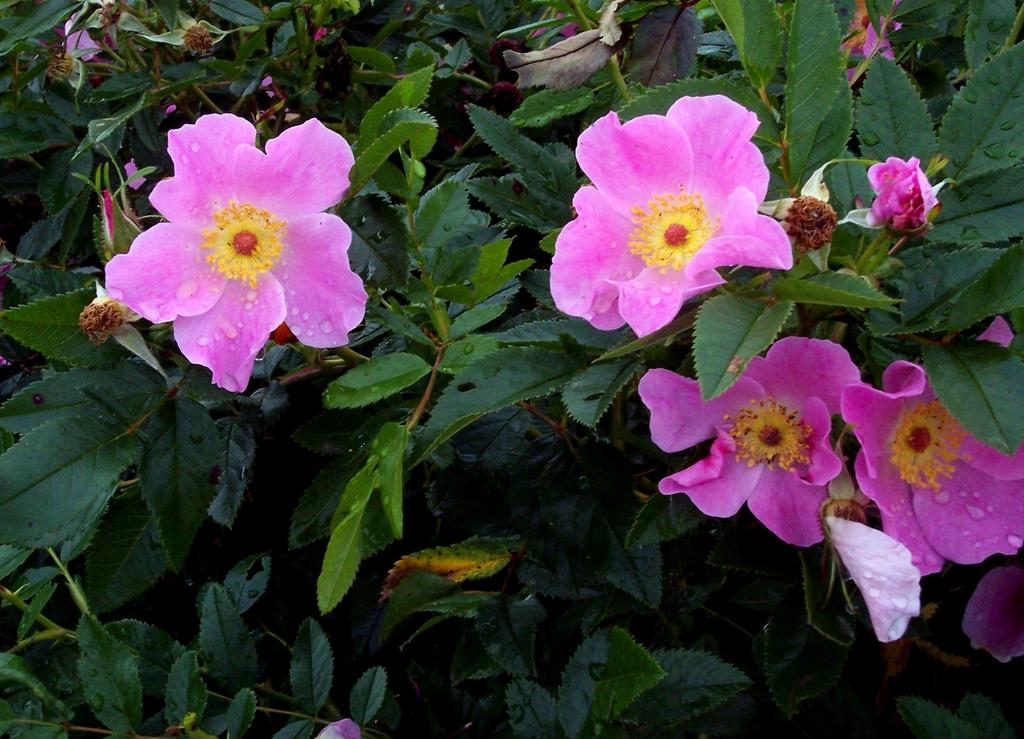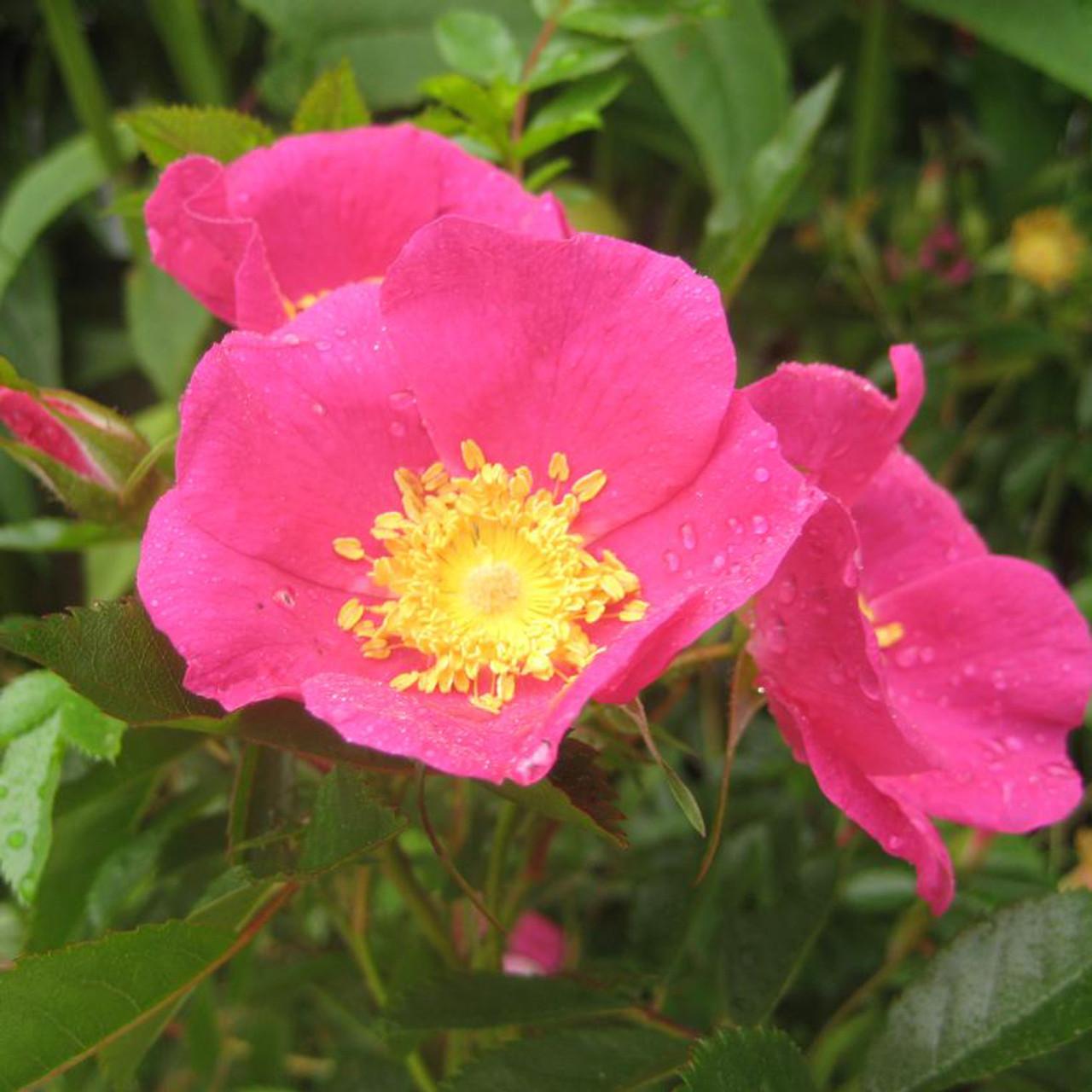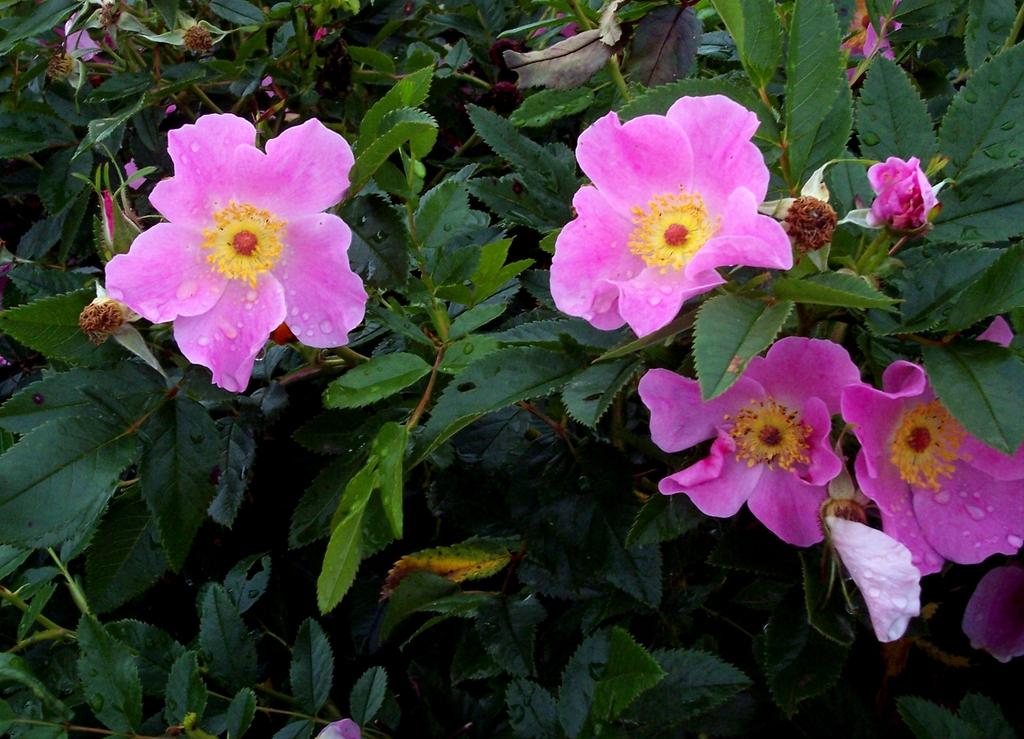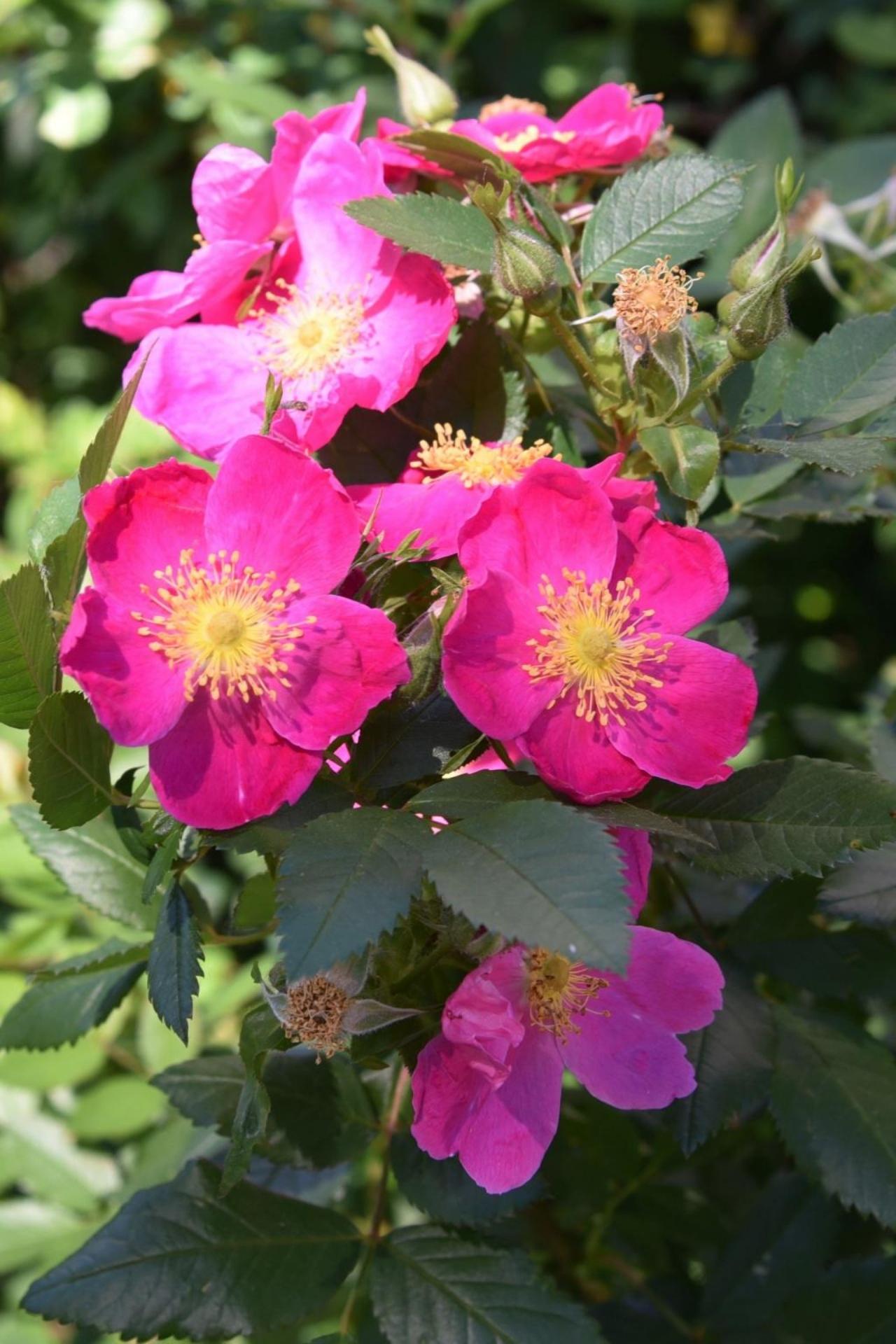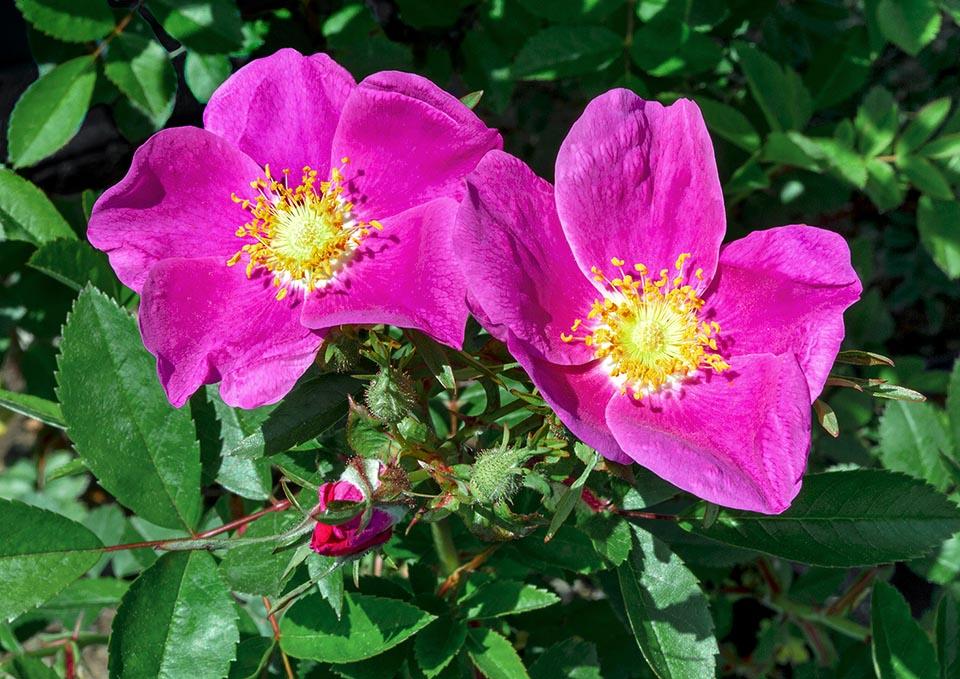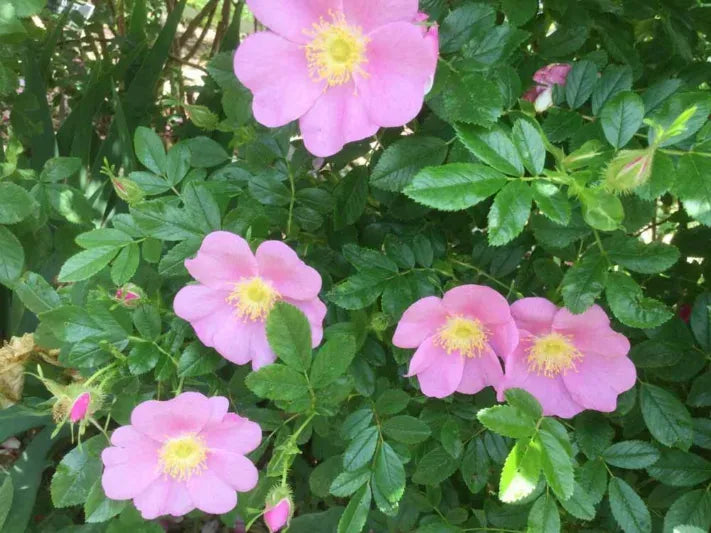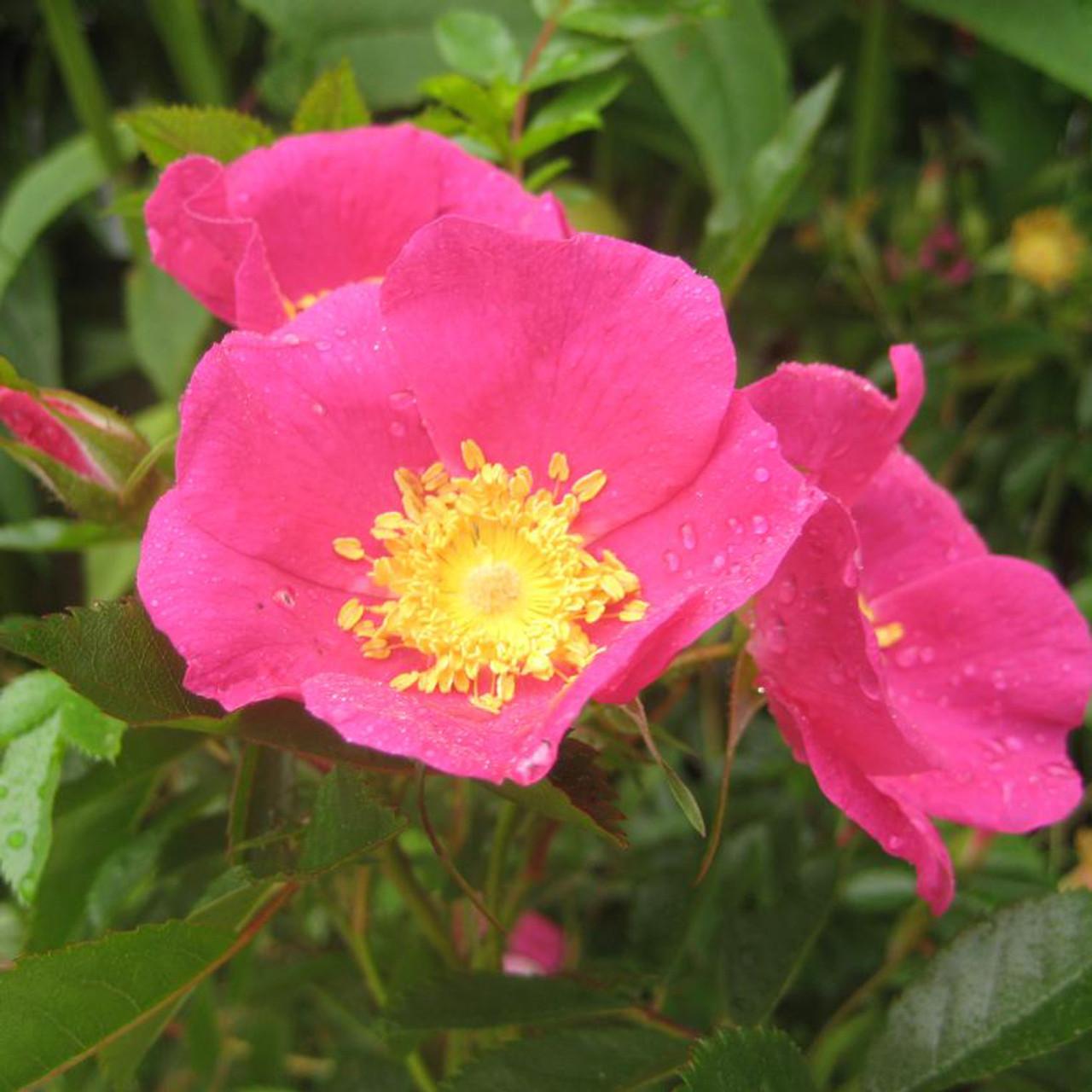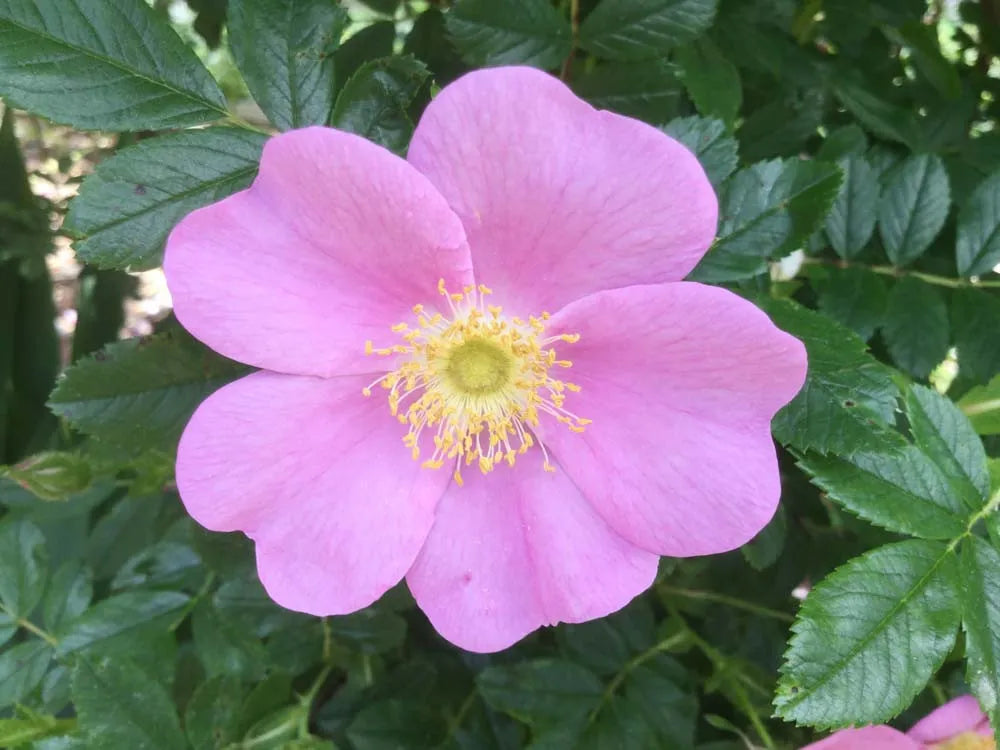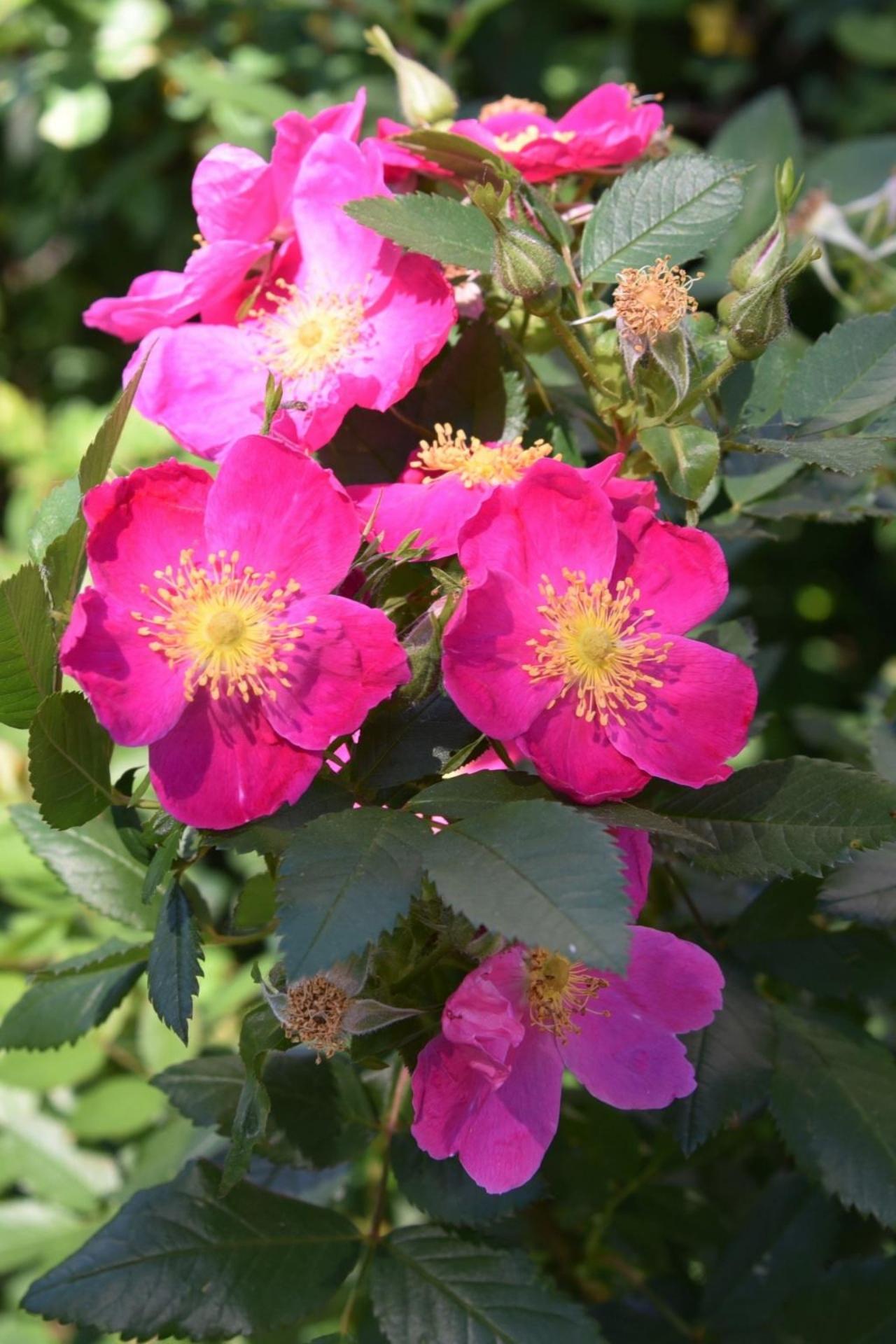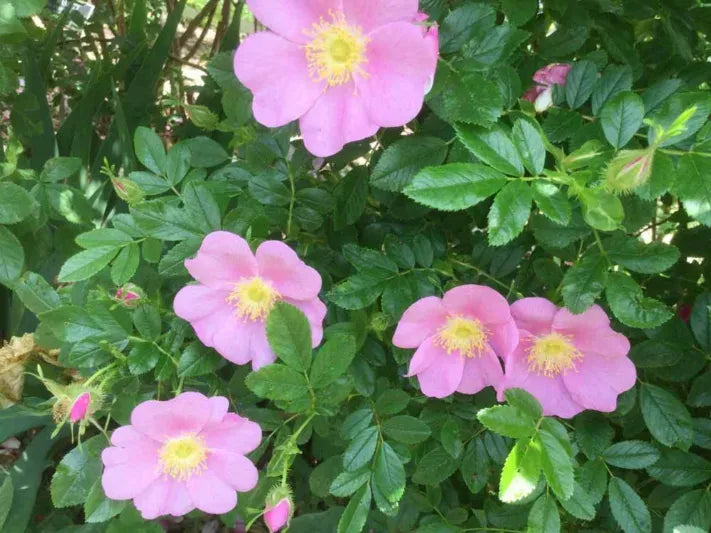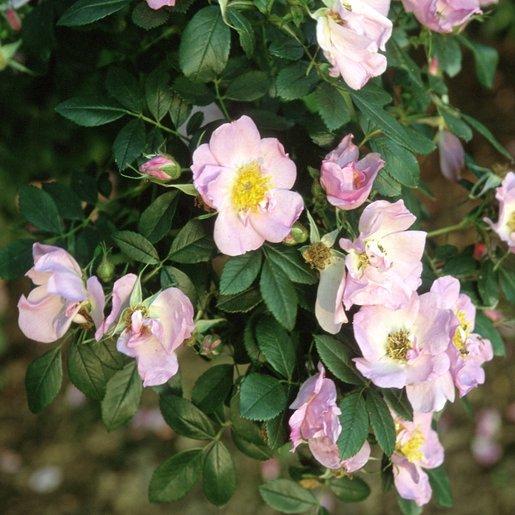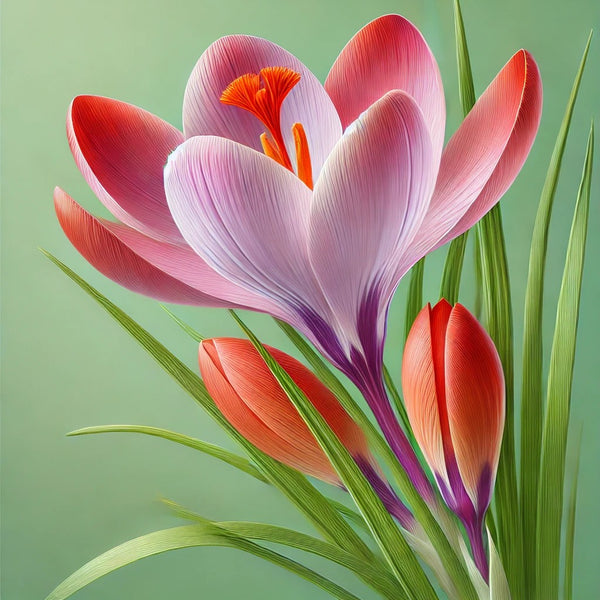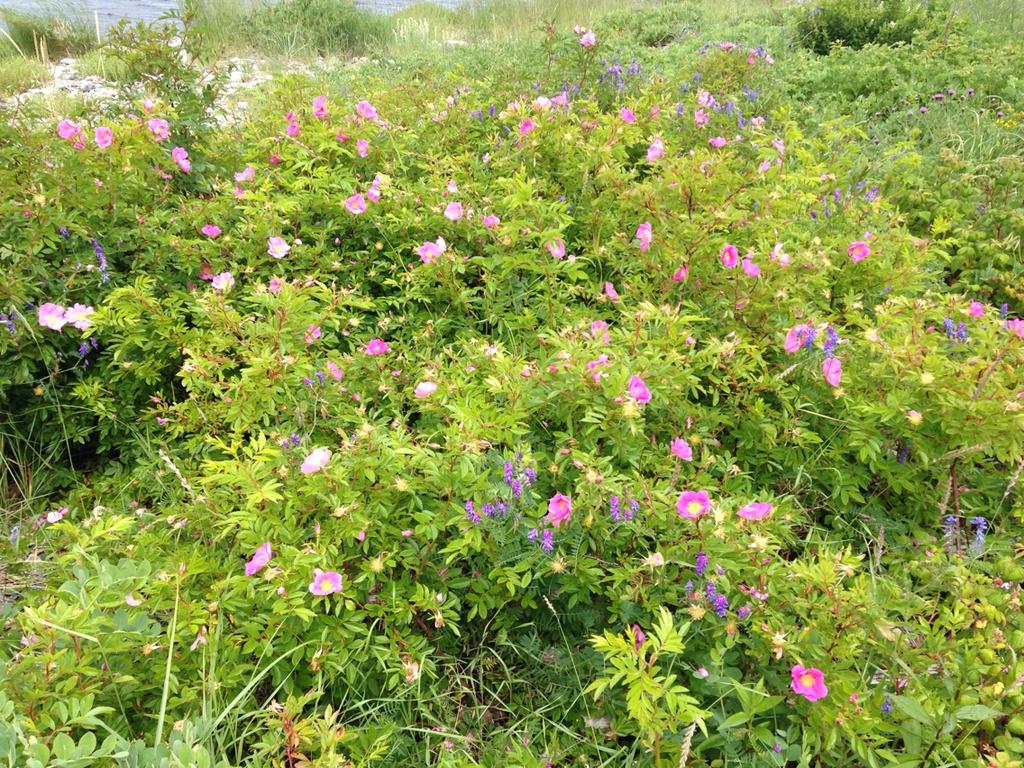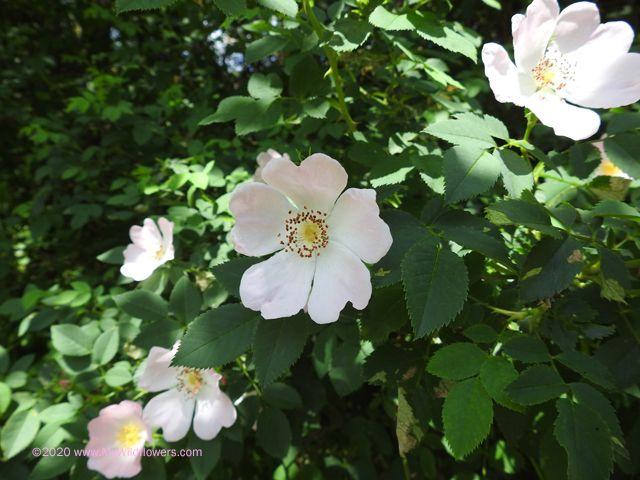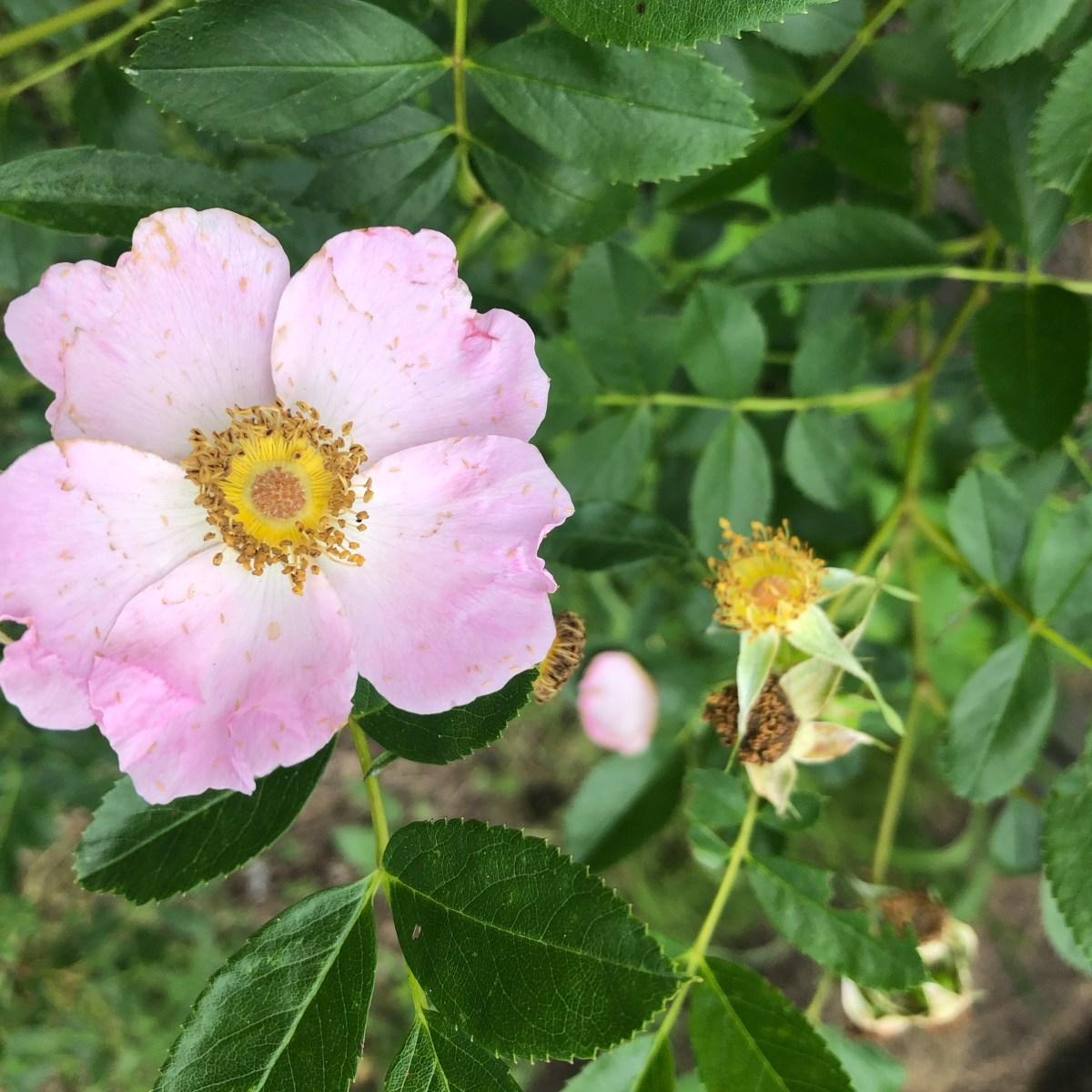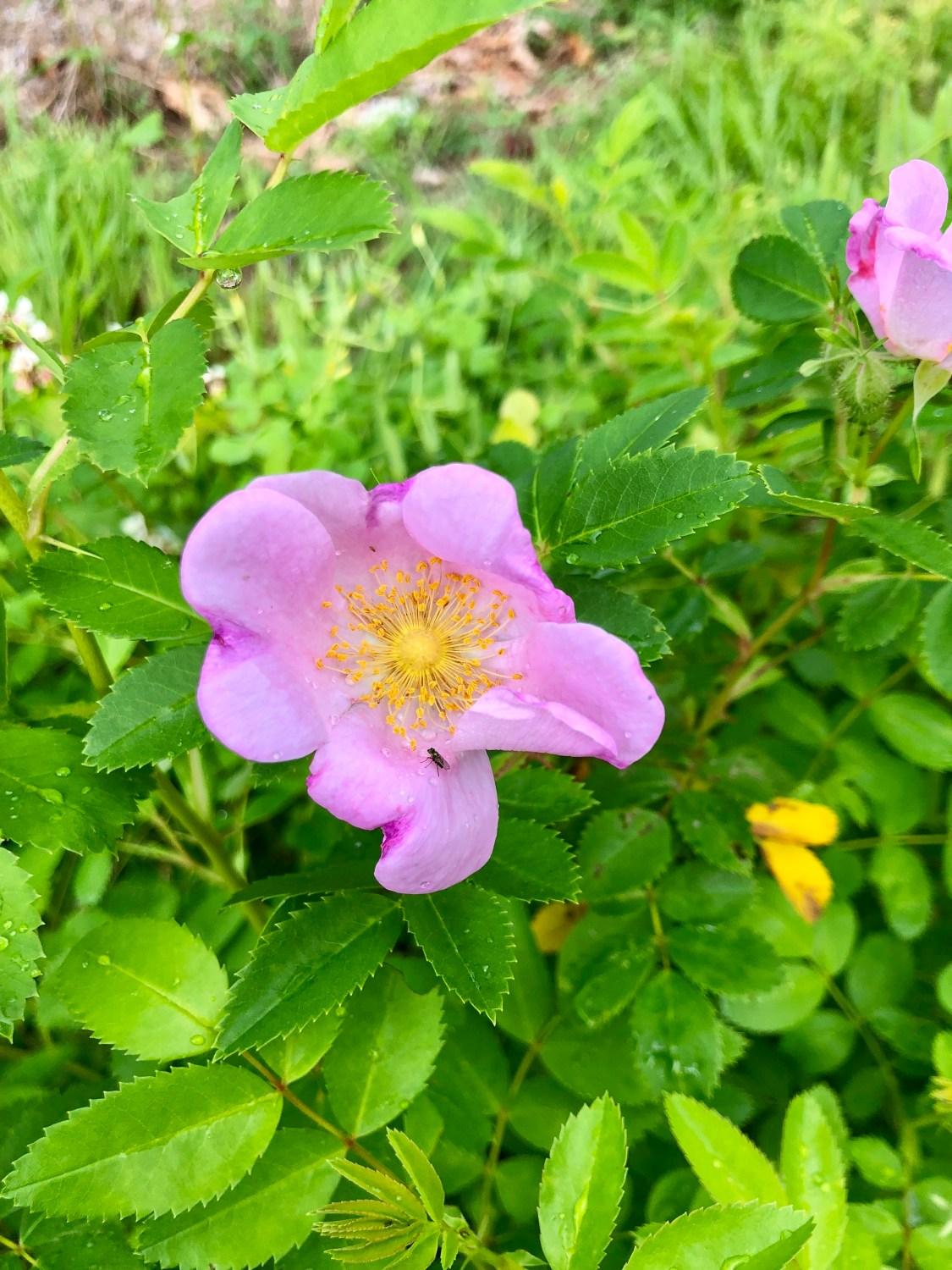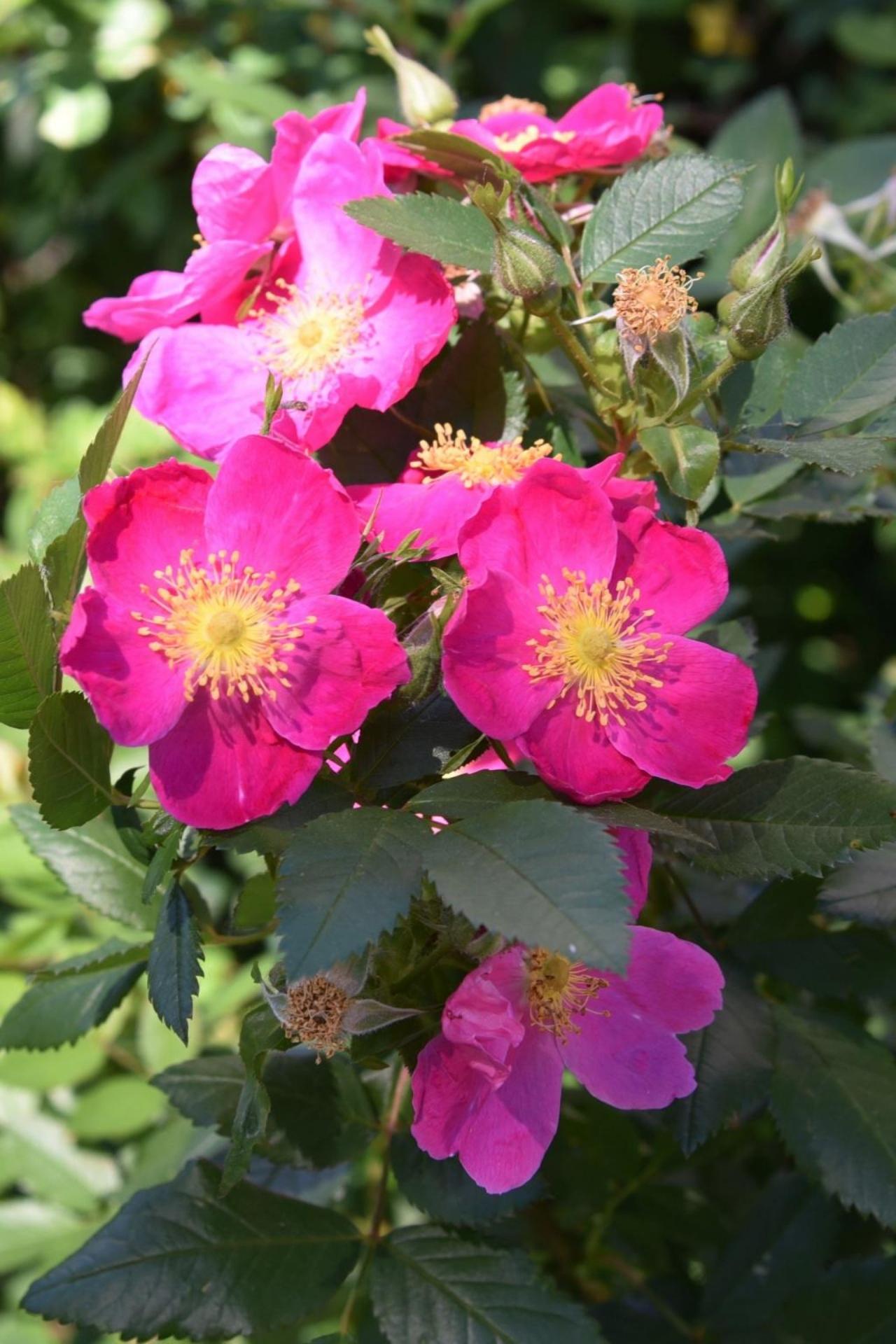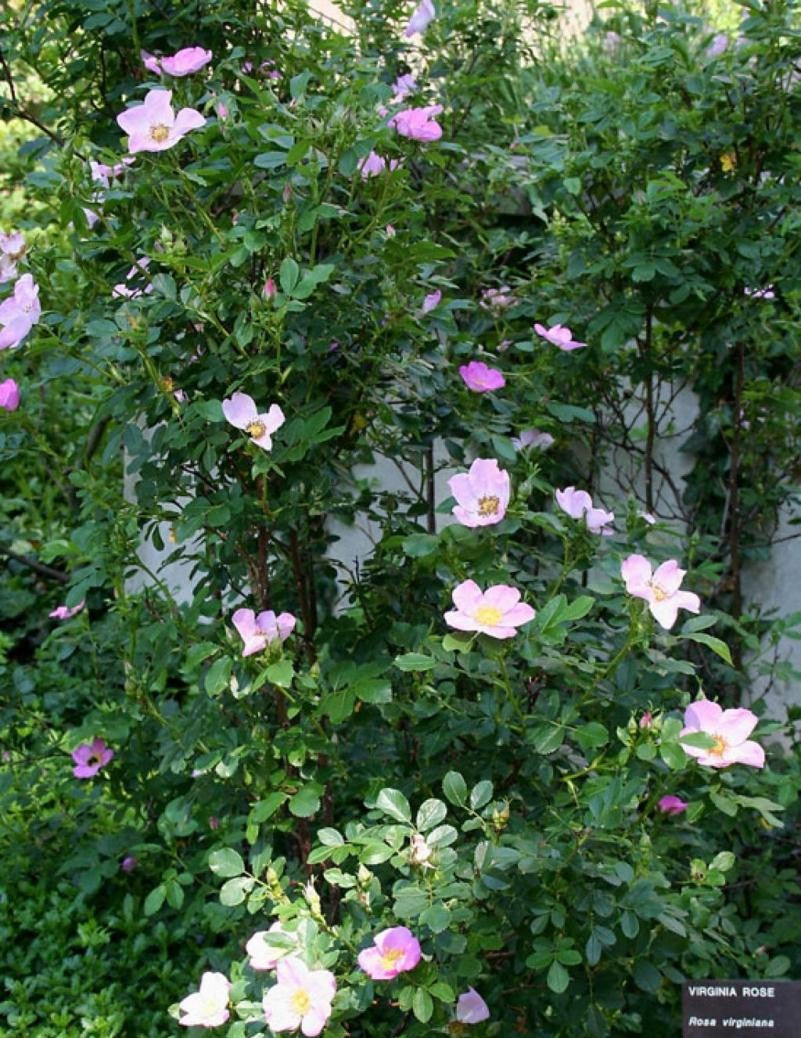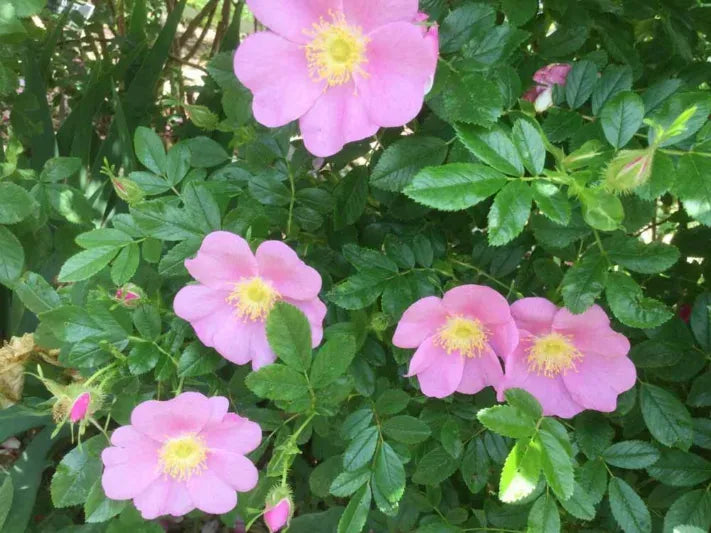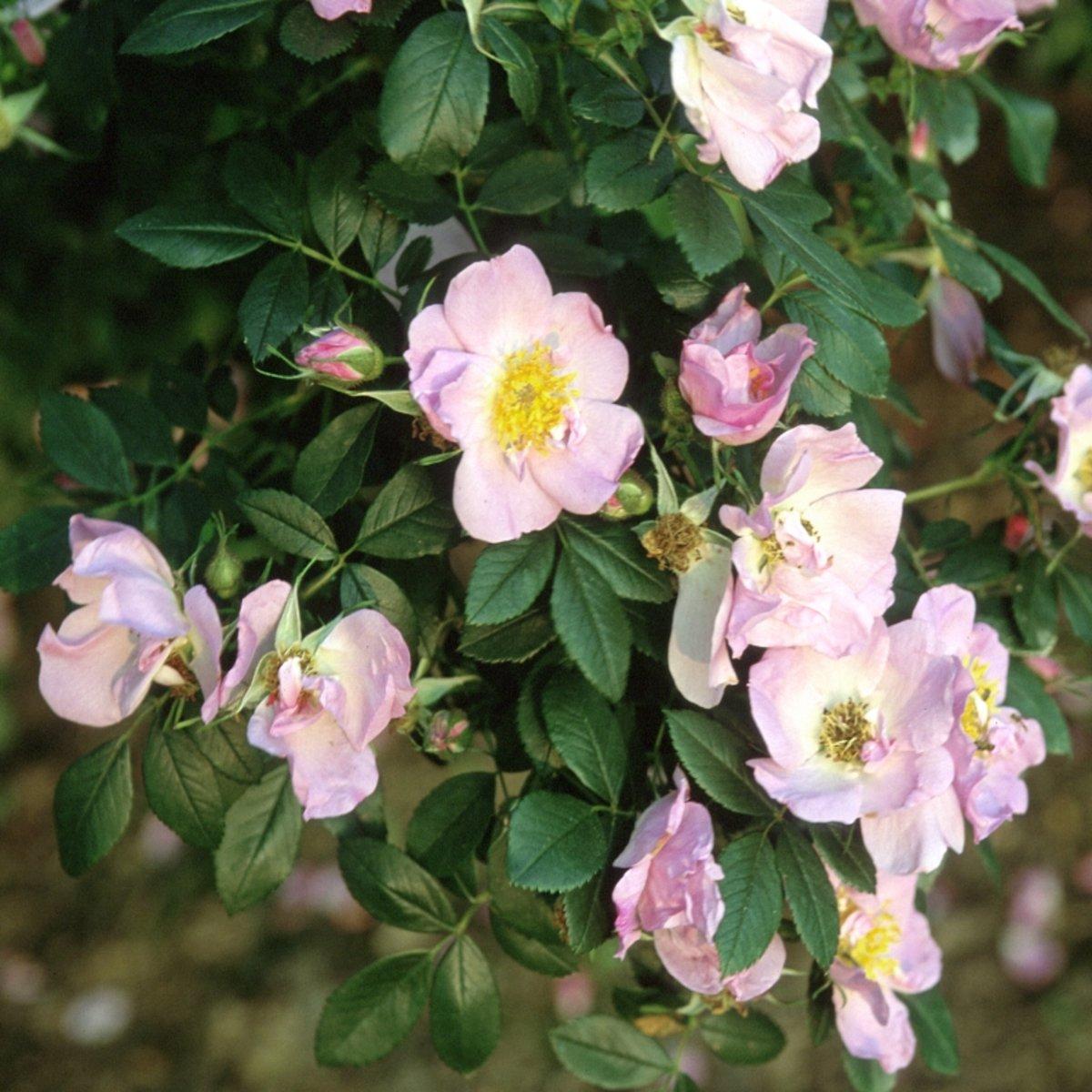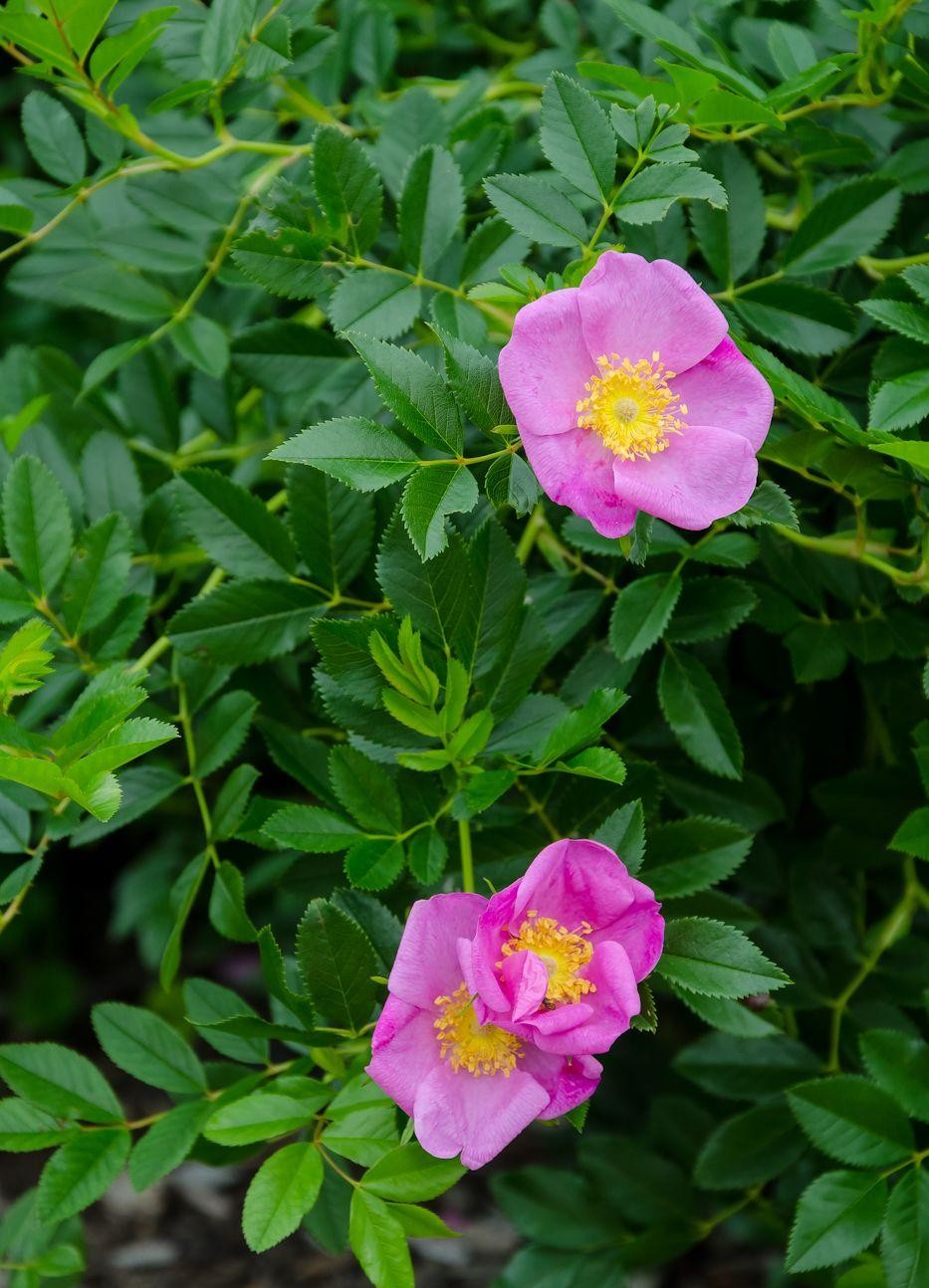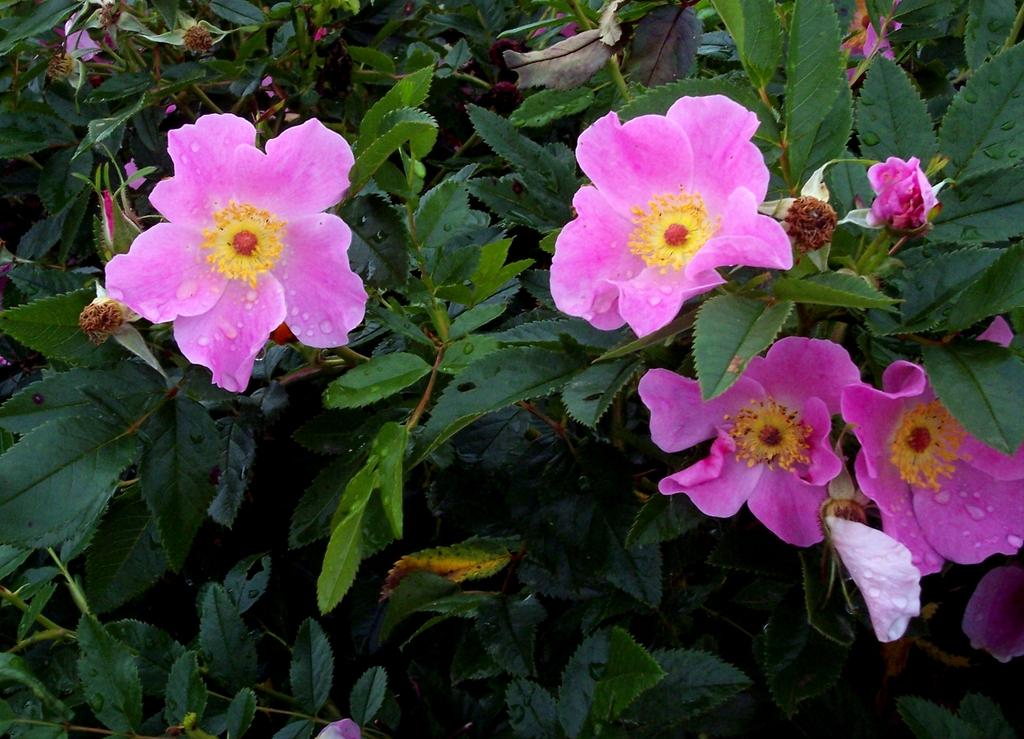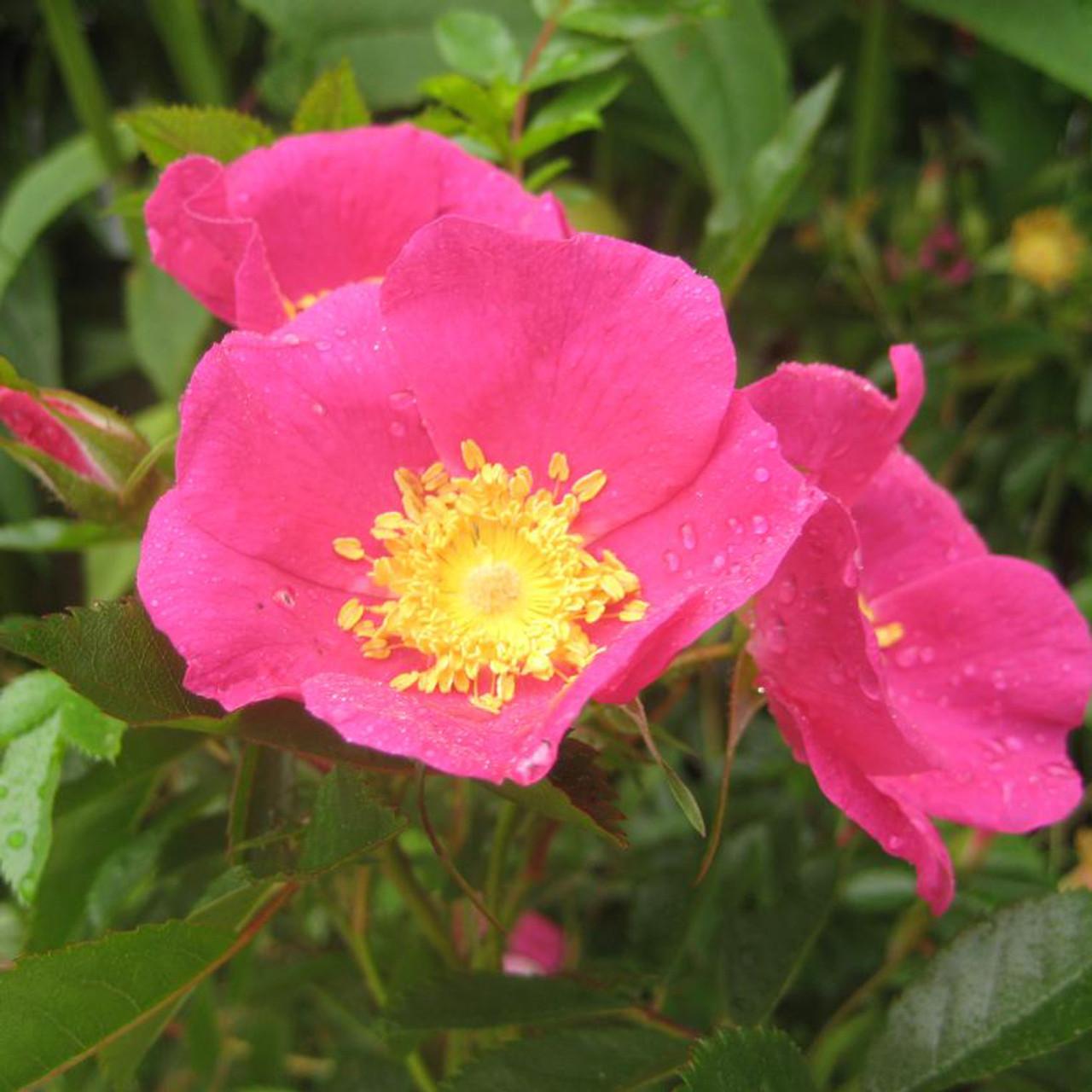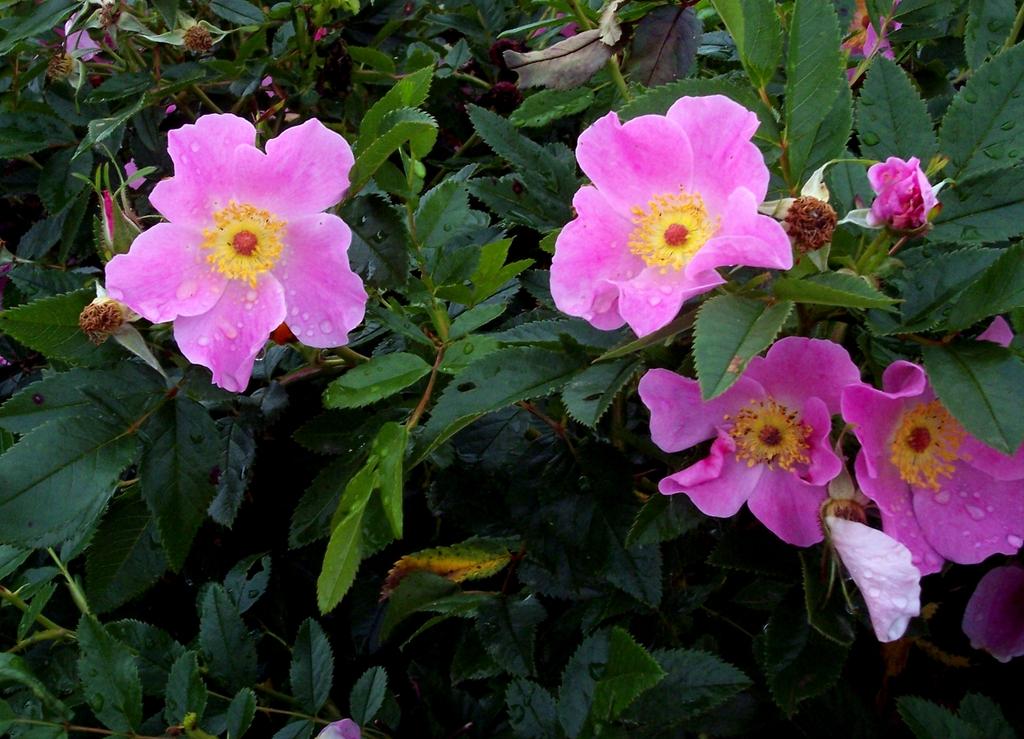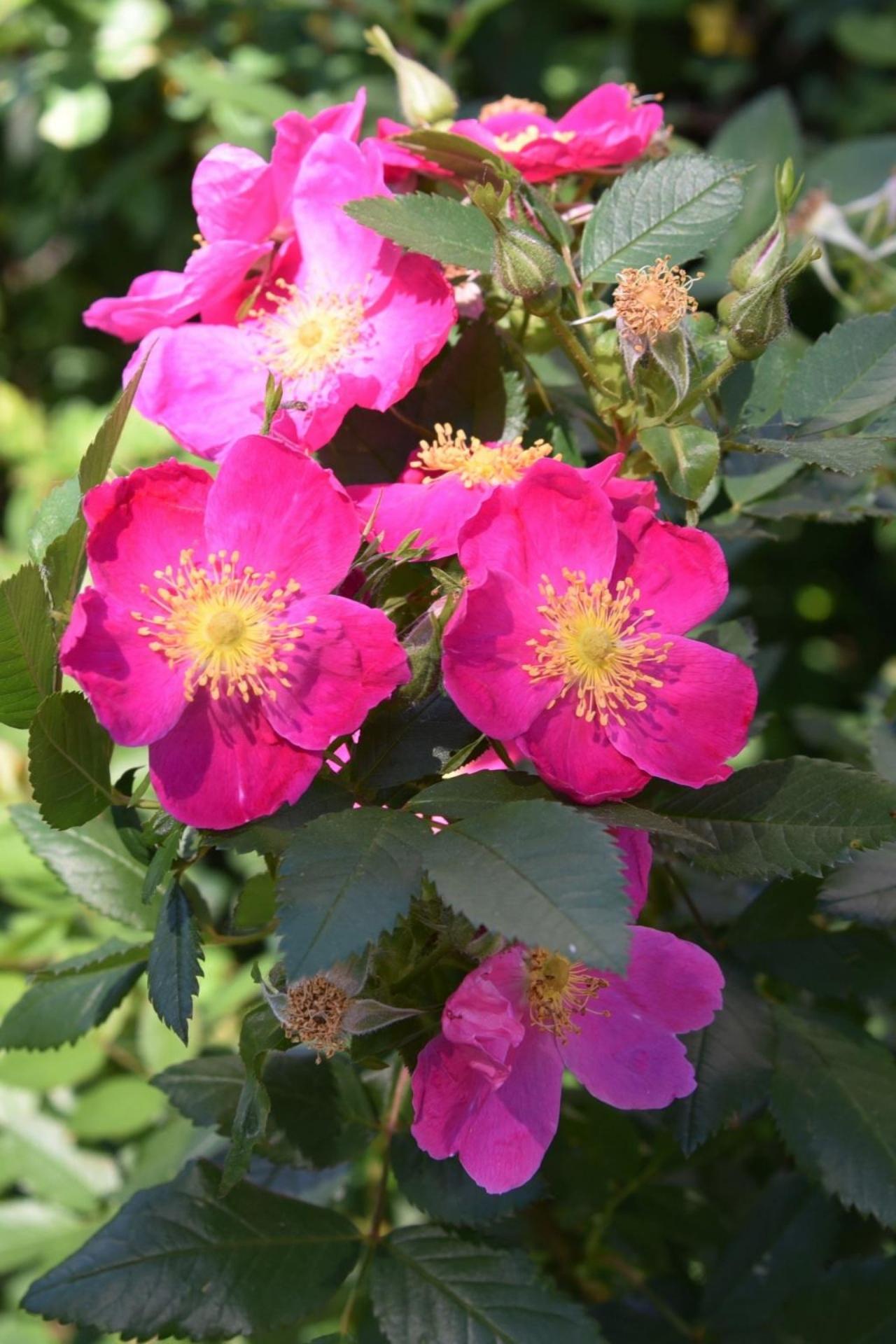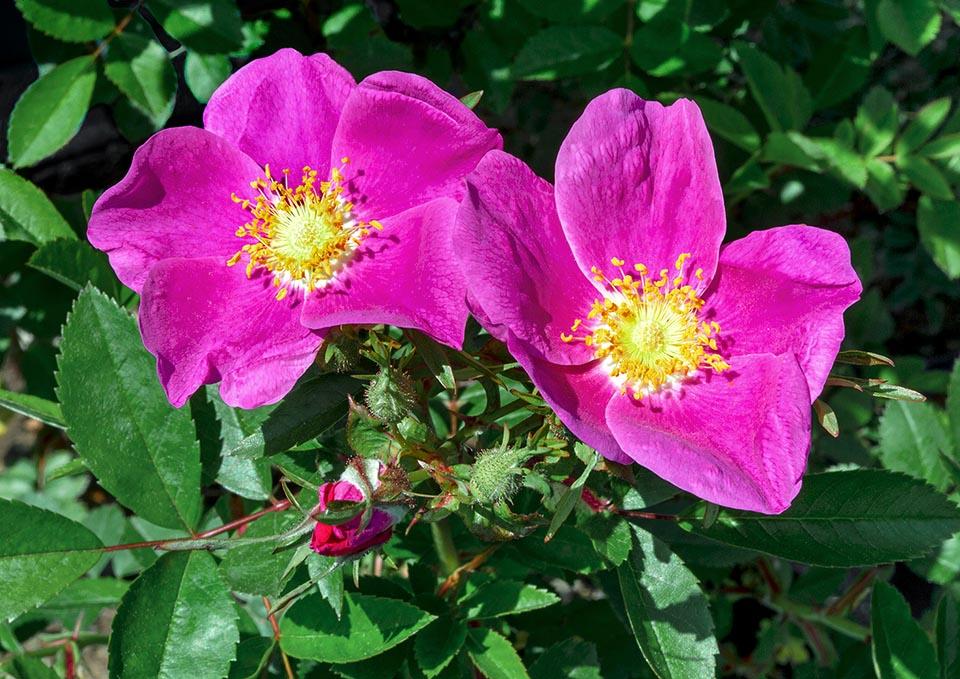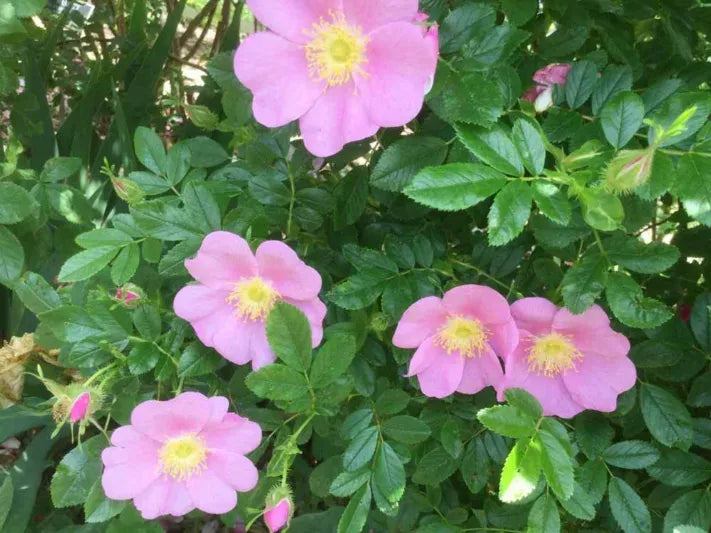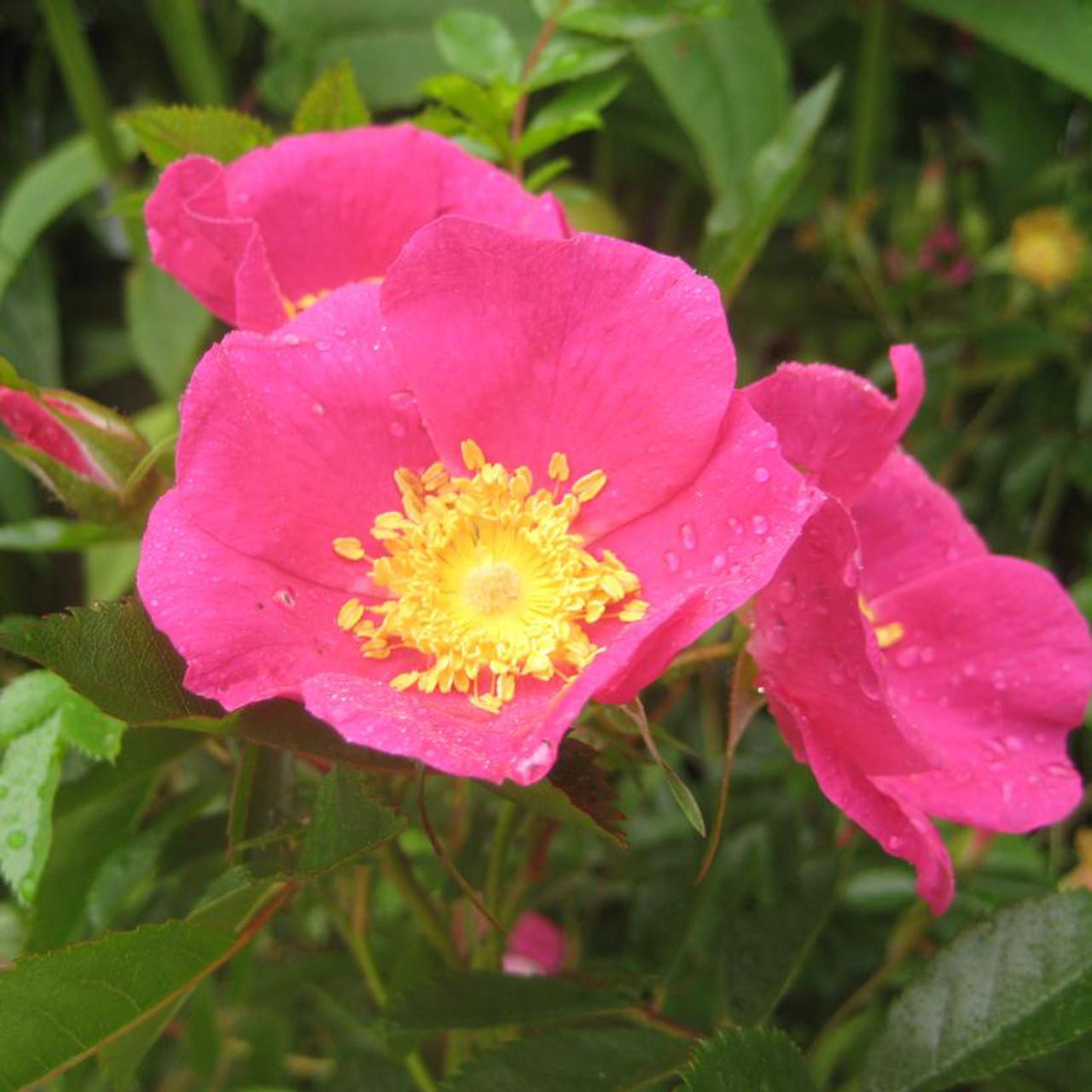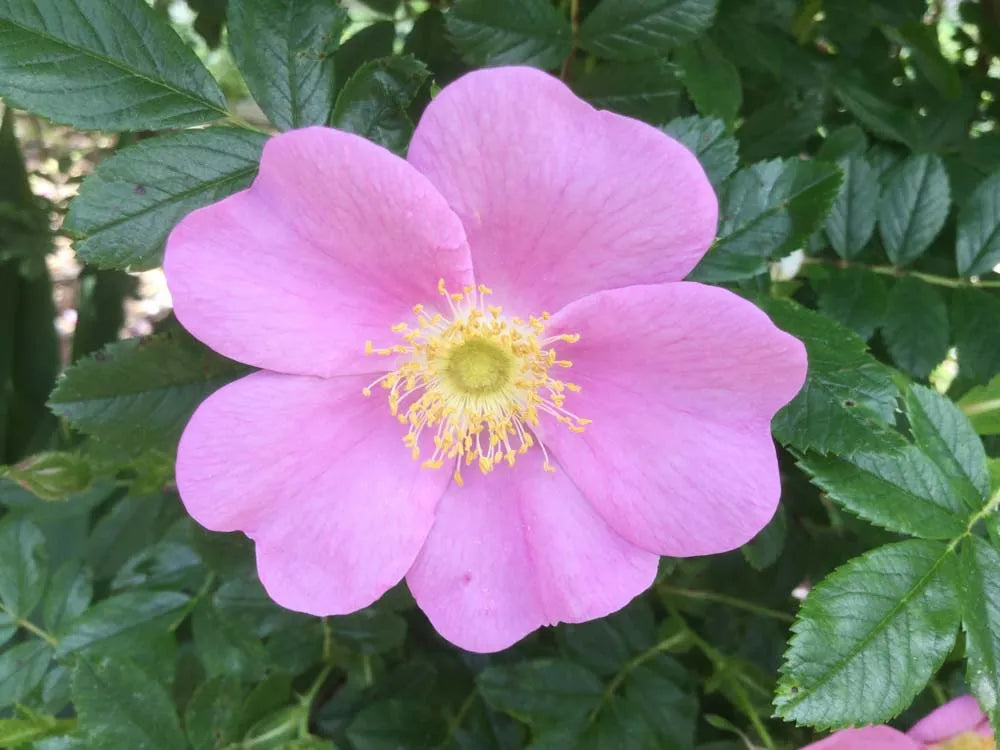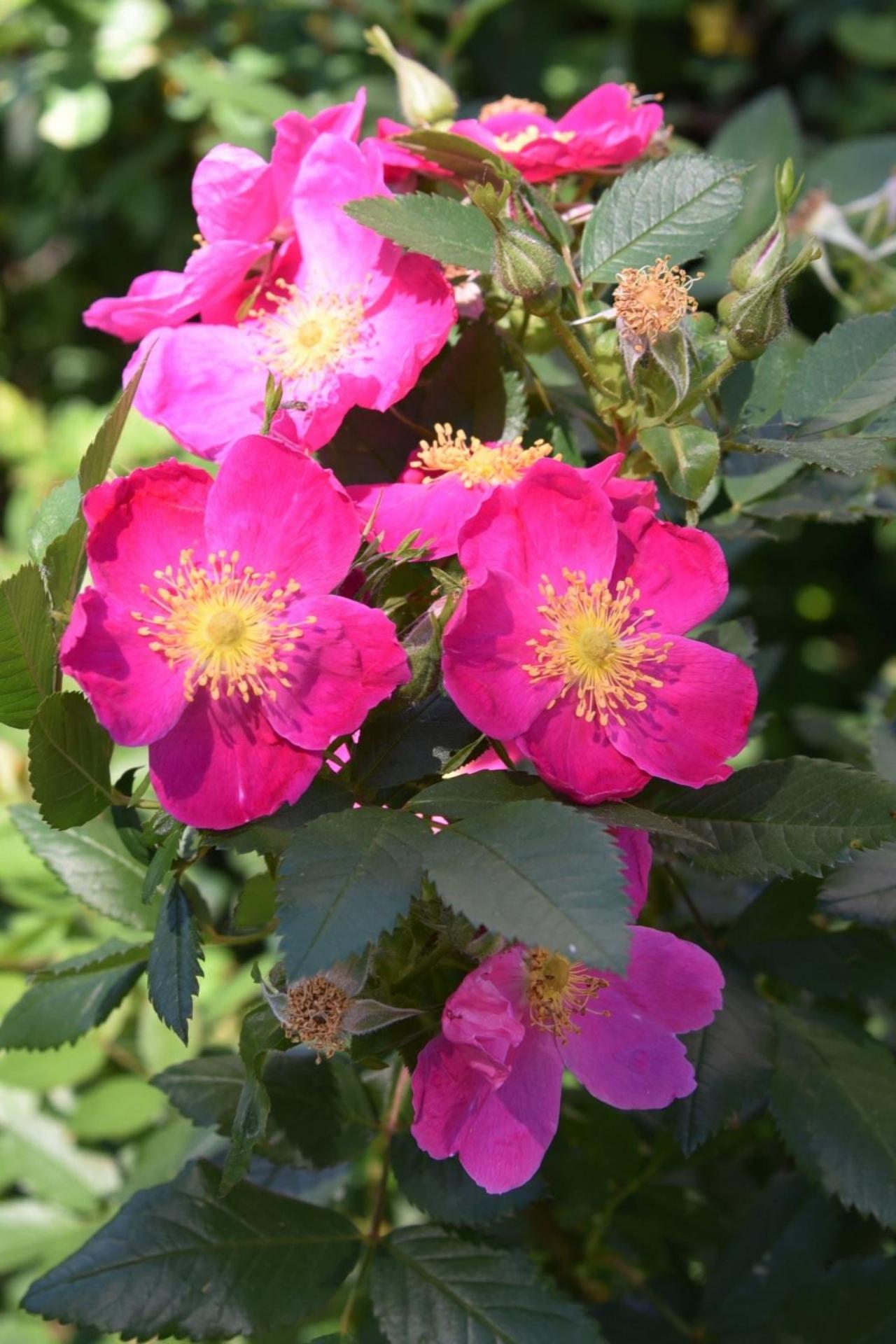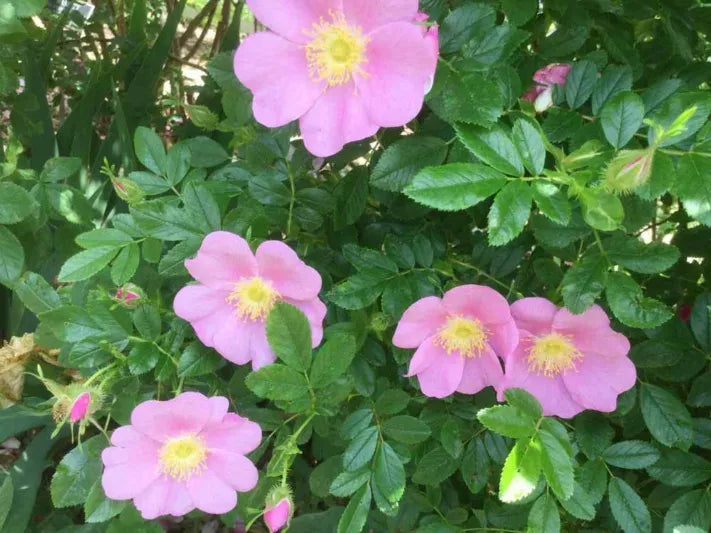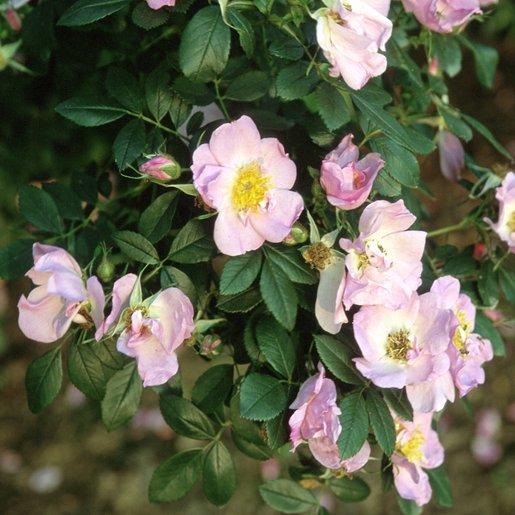1
/
of
20
Virginia Rose–Rosa virginiana–Attracts Pollinators 3 Gallon
Virginia Rose–Rosa virginiana–Attracts Pollinators 3 Gallon
Regular price
$118.00 USD
Regular price
$153.40 USD
Sale price
$118.00 USD
Unit price
/
per
Shipping calculated at checkout.
SKU:rose754-redcrocus
Couldn't load pickup availability
Rosa, Landscape virginiana
Description
The Virginia Rose, or Rosa virginiana, is a deciduous shrub known for its charming pink flowers and robust nature. It is native to the eastern United States and is often found in a variety of landscapes, from coastal areas to mountainous regions. This rose is appreciated for its ability to thrive in less-than-ideal conditions, making it a versatile choice for gardeners.
Suggested Uses
Virginia Rose is ideal for naturalizing in wild gardens, hedgerows, and mixed borders. Its dense growth habit makes it suitable for erosion control on slopes. Additionally, it can be used as a specimen plant or in mass plantings to create a stunning display of color and texture.
Plant Details
-
 Botanical Name: Rosa, Landscape virginiana
Botanical Name: Rosa, Landscape virginiana -
 Common Name: Virginia Rose
Common Name: Virginia Rose -
 Size & Growth: Typically grows 4-6 feet tall and wide
Size & Growth: Typically grows 4-6 feet tall and wide -
 Hardiness Zones: 3-8
Hardiness Zones: 3-8 -
 Foliage Type: Deciduous
Foliage Type: Deciduous -
 Bloom Time: Late spring to early summer
Bloom Time: Late spring to early summer -
 Growth Rate: Moderate
Growth Rate: Moderate -
 Light Requirements: Full sun to partial shade
Light Requirements: Full sun to partial shade -
 Attracts Pollinators: Yes, attracts bees and butterflies
Attracts Pollinators: Yes, attracts bees and butterflies -
 Indoor Friendly: No
Indoor Friendly: No -
 Container Friendly: Yes, with adequate space
Container Friendly: Yes, with adequate space -
 Deer Resistant: Yes
Deer Resistant: Yes -
 Pet Warning: Thorns can cause injury
Pet Warning: Thorns can cause injury -
 Fragrant: Mildly fragrant
Fragrant: Mildly fragrant -
 Cut Flower: Yes, suitable for arrangements
Cut Flower: Yes, suitable for arrangements -
 Grows Well With: Lavender, Salvia, and ornamental grasses
Grows Well With: Lavender, Salvia, and ornamental grasses
Care Tips
-
 Planting Instructions: Plant in spring or fall, ensuring good drainage
Planting Instructions: Plant in spring or fall, ensuring good drainage -
 Soil Moisture: Keep soil consistently moist, but not waterlogged
Soil Moisture: Keep soil consistently moist, but not waterlogged -
 Soil Type: Prefers loamy, well-drained soil
Soil Type: Prefers loamy, well-drained soil -
 Humidity: Tolerates a range of humidity levels
Humidity: Tolerates a range of humidity levels -
 Pruning Instructions: Prune in late winter to early spring to shape and remove dead wood
Pruning Instructions: Prune in late winter to early spring to shape and remove dead wood -
 Winter Care: Mulch to protect roots in colder climates
Winter Care: Mulch to protect roots in colder climates -
 Planting Depth: Plant at the same depth as in the nursery pot
Planting Depth: Plant at the same depth as in the nursery pot -
 Fertilization: Fertilize in early spring with a balanced fertilizer
Fertilization: Fertilize in early spring with a balanced fertilizer -
 Special Care: Watch for aphids and treat with insecticidal soap if necessary
Special Care: Watch for aphids and treat with insecticidal soap if necessary
Share
